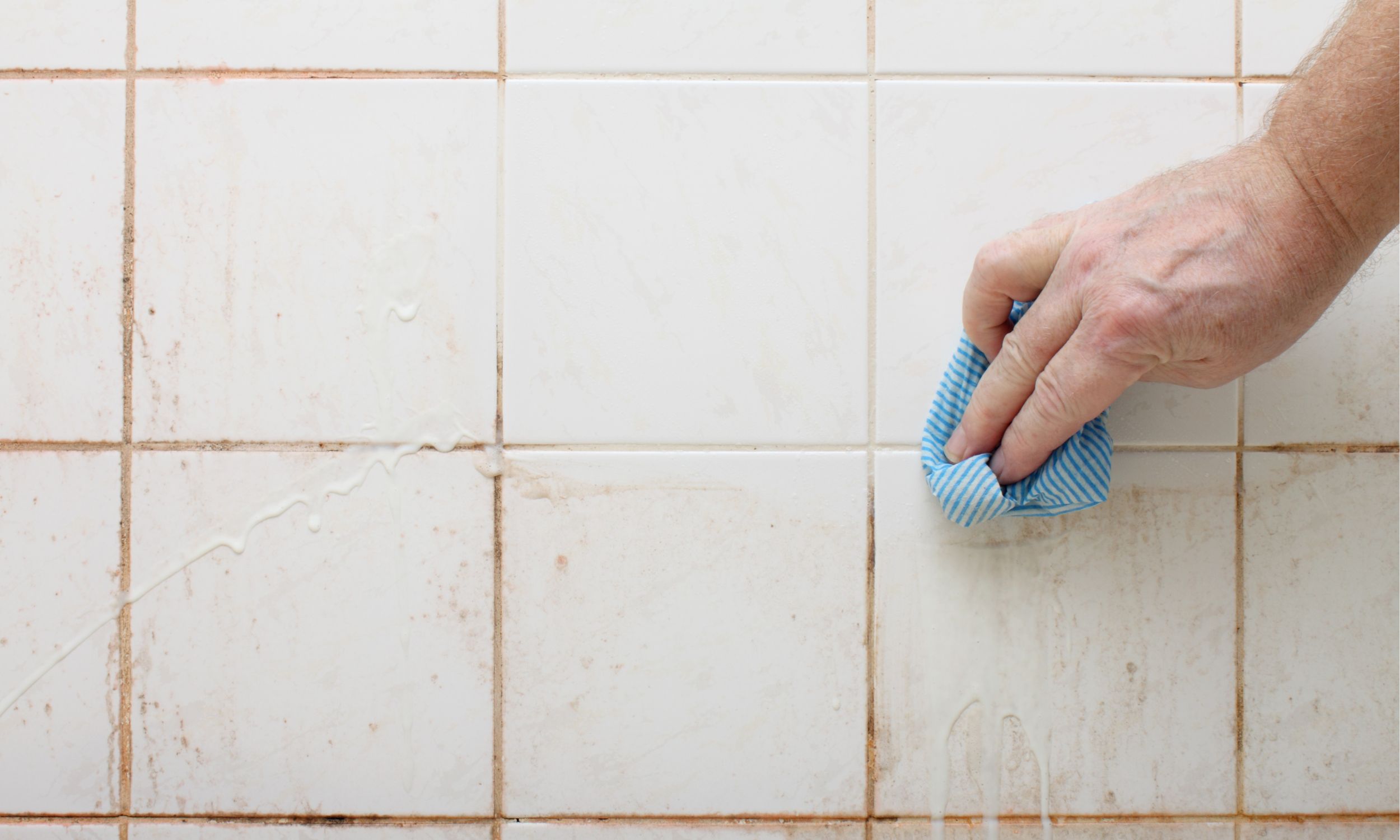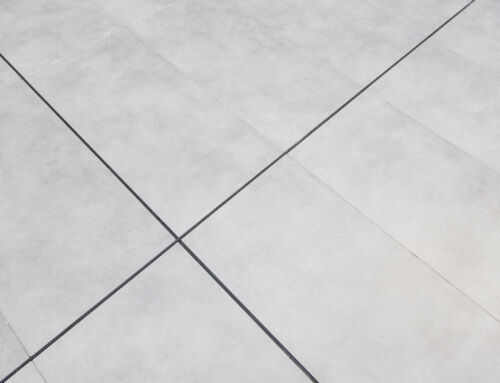Showers need to be cleaned periodically, as soap scum, hard water, dirt, grime, mold and mildew will build up over time. Unfortunately, showers can be incredibly difficult to clean, especially after years of use. The Groutsmith specializes in periodic deep cleans that will revitalize your shower, but how do you keep it looking good after we are done?
There are three things you should keep in mind when trying to keep your shower clean. The first is prevention, how you treat your shower during and directly after use can have major consequences. The second is the type of cleaner you use. A lot of products in the cleaning aisle promise that they’re perfect for showers, but end up doing enough damage that they actually make your shower dirtier in the long run. The third is frequency. How often are you cleaning? You can clean too often and not often enough.
How to Keep Your Shower Clean: Prevention Tips
The oxymoron with showers is that the dryer they stay, the cleaner they will be. There are a few things you can do to prevent hard water and soap scum buildup.
- Use a squeegee after you shower
-
-
- This will keep soap scum and hard water from drying on your walls and/or shower glass, preventing accumulation. Your shower will also dry faster, making it harder for mold and mildew to grow.
-
- Stop using Bar Soap
-
-
- Bar soap is notorious for leaving behind a thick line of soap on your wall. Very often – without the specialized cleaners and knowledge the Groutsmith provides – it is nearly impossible to remove completely.
- If you, or you’re significant other, insist on using bar soap don’t let it sit where it can get wet and liquefy. Keep it in a dry place in the shower where it doesn’t have a chance to run. A closable plastic soap dish will make a big difference.
-
- Use the shower at similar times of day
-
- If you share your shower with others, showering at the same time of day will give your shower more time to dry.
- This also means only one person needs to squeegee the shower.
- Remember, less moisture means less mold and mildew.
What Cleaners Should You be Using?
In order to maintain your showers longevity, and to avoid removing any sealant that may have been applied to grout lines or natural stone, you should use alkaline and pH neutral cleaners.
Avoid acidic cleaners and ultra-concentrated cleaners like bleach as these can do serious damage to both sealants and grout.
There are a lot of cleaners and “life hacks” that bill themselves as the ultimate shower cleaners. Unfortunately, many, if not most, of these tricks and products will actually do more damage in the long run than not using them at all. No wipe cleaners will leave behind a difficult to clean residue that will discolor your grout as well as your tile. Although no product on the market will actually damage ceramic tiles, a large number will seriously damage your grout. Acidic cleaners in particular will work great in the beginning, but will seriously degrade grout over time. Allowing more dirt, grime and mold work itself deeper into your grout until the stains are permanent and cannot be removed with these cleaners in the future.
Shower Safe Cleaners
- The Groutsmith Gold Cleaner
-
-
- Everyday spray on and wipe off maintenance cleaner
-
- The Groutsmith Green Cleaner
- Quarterly deep cleaner
- Simple Green
- You can find it any grocery store
- PH Neutral or Alkaline Cleaners
- These cleaners will not damage your grout or any sealants that might be on natural stone or grout lines. This will keep the mess on top of the tiles and will keep your shower easier to clean in the long run.
- Use a brush – or a stiff scrub pad in very dirty areas – and lots of cleaner. Give the cleaner enough time to loosen up and grime or dirt and then scrub vigorously.
Bad Shower “Cleaners”
- Bleach
- Bleach has one special use case, persistent heavy mold growth in grout lines. Even then, there are better options to try beforehand.
- We at The Groutsmith use antifungal treatments like Concrobium in most cases. Consider this the nuclear option for spot cleaning. If overused it will degrade the grout in your shower and actually give mold more real estate to grow in the future.
- Bleach should never be used to clean the entire shower.
- Vinegar of Vinegar Based Cleaners
- Just because it says it’s “natural” doesn’t mean it won’t naturally melt the bonding agent in your grout and the sealants that the Groutsmith applied. (see below)
- Acid Based Cleaners
- Vinegar is just the most obvious example. Any acid based cleaner will damage grout and sealants in your shower. They might work the first time, but after continued use they will degrade your grout. Degraded grout will stain more and look worse despite deeper and deeper cleaning.
- Baking Soda
- Don’t trust life hack videos. Trust us, we’ve seen the aftermath. Dumping a bunch of white powder into porous grout lines and scrubbing it in will stain/bleach your grout and leave behind a lot of powdery residue that you can’t get out after cleaning.
- Baking Soda leaves residue and makes it significantly harder for you and The Groutsmith Techs to clean in the future.
- If you need an abrasive, just use a stiff brush or a scrub pad. If all your tiles are ceramic, you can even use steel wool.
How Often Should You Clean?
You should deep clean your shower every 3-6 months depending on use. Sooner if your shower doesn’t drain well and/or if it is constantly wet. Longer if you don’t use the shower often, or if it only sees light use. You should make sure that you are cleaning your shower often enough that soap scum and hard water buildup is light and not heavy. This quarterly cleaning should involve agitation with a strong brush and enough cleaner to loosen any grime in your shower. The Groutsmith recommends using Green Clean for this quarterly clean – a stronger alkaline cleaner.
Regular use of squeegee can be considered daily cleaning. However, If you are inclined to clean more often than quarterly we recommend wiping down the space with softer products and not using abrasives like a scrub brush, scrubby, or steel wool. We also recommend a pH neutral cleaner like our Gold Clean. This will prevent unwanted wear of sealant and grout, keeping your shower cleaner and more stain/mold resistant longer.


